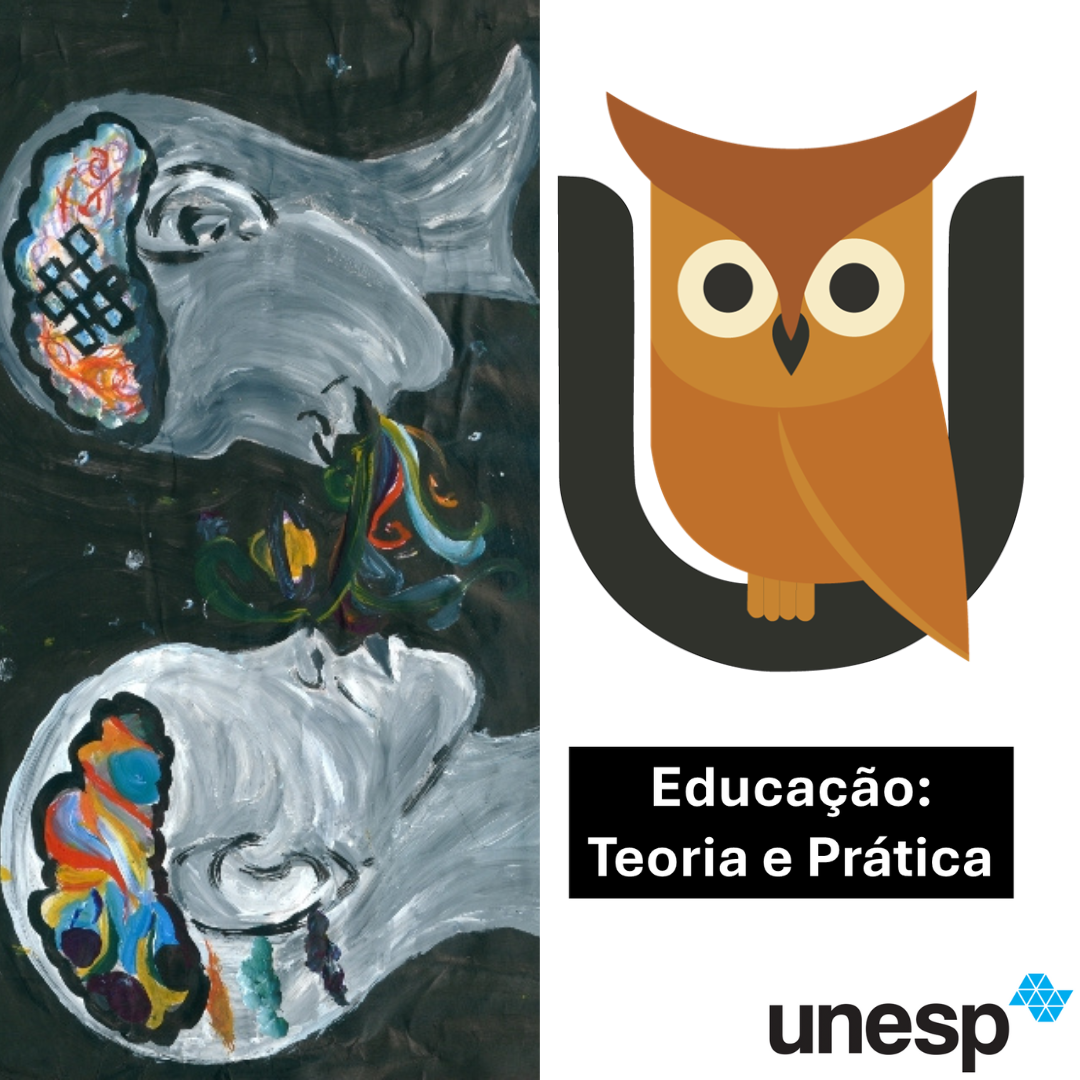MARGUERITE VERINE-LEBRUN, MARIA JUNQUEIRA SCHMIDT AND THE FAMILY EDUCATION PROJECT CIRCULATING BETWEEN FRANCE AND BRAZIL
DOI:
https://doi.org/10.18675/1981-8106.vol29.n60.p63-82Keywords:
Catolicismo, circulação de modelos pedagógicos, Escola de Pais, Mulheres IntelectuaisAbstract
Seeking to understand the bases of the project for family education undertaken by Maria Junqueira Schmidt in Brazil and the possible approximation with the project of education of the families undertaken in France, we highlight two Catholic intellectuals who were ahead the School for Parents creation, Marguerite Vérine-Lebrun (1878-1947) and Maria Junqueira Schmidt (1901-1982). Exploring the representative role of each one in the circulation of pedagogical models for education of families within their respective time and space, we raise biographical elements that allow us to understand the approximate trajectories facing the project of education for the families designed in those countries, indicating the approximations of the French model and highlighting the strategies used for the realization of the family education project of the School of Parents in Brazil that aimed to expand Catholic action in the country, in face of the trilogy of God, Motherland and Family. It was important to highlight these characters, including the formation of networks of relationship based on the studies of Sirinelli (1996), the disputes within the field and the intellectual trajectory, with the collaboration of Bourdieu (1989). Keywords: Catholicism. Circulation of pedagogical models. School for Parents. Intellectual Women.Published
How to Cite
Issue
Section
License
Authors who publish in this journal agree to the following terms:
a) Authors assign copyright to the journal, with the work simultaneously licensed under the Creative Commons Attribution License that allows sharing of the work with acknowledgment of authorship and publication in this journal.
b) The policy adopted by the Editorial Committee is to assign copyright only after a period of 30 months from the date of publication of the article. After this time, authors interested in publishing the same text in another work must send a letter to the Editorial Committee requesting the release of the assignment of copyright and wait for a response.
c) This journal provides public access to all its content, since this allows greater visibility and reach of published articles and reviews. For more information on this approach, visit the Public Knowledge Project, a project that developed this system to improve the academic and public quality of research, by distributing OJS as well as other software to support the public access publication system to academic sources. The names and email addresses on this website will be used exclusively for the purposes of the journal and will not be available for other purposes. This journal provides open any other party  This work is licensed under a Creative Commons License
This work is licensed under a Creative Commons License











